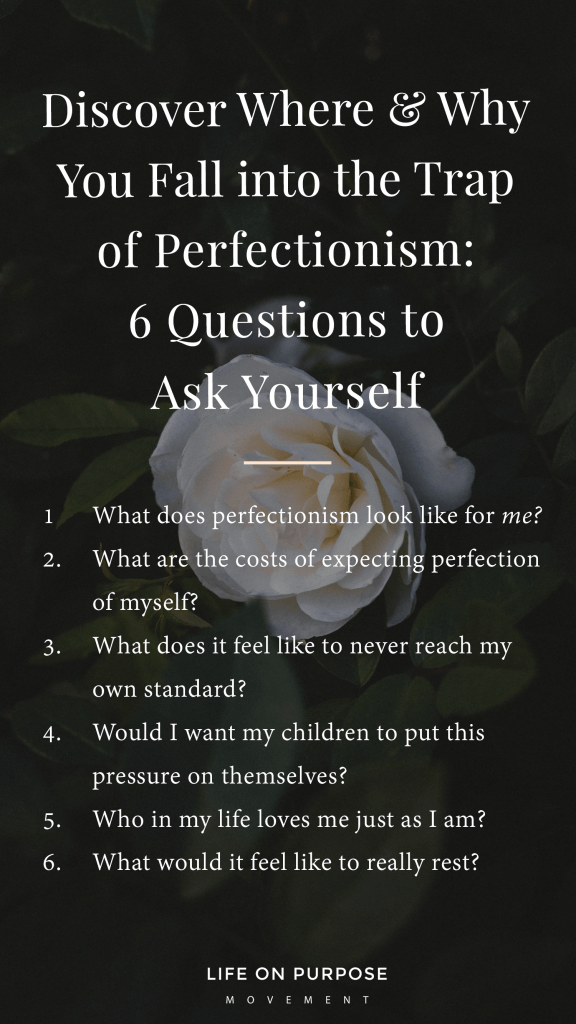You know those moments of sudden, inexplicable clarity that strike when you least expect them?
The kind of moments that make you think of yourself as old Erica and new Erica? Like there are suddenly two versions of you—and you know you’ll never go back to being the way you were before.
I had a moment like this a couple of years ago while talking to my psychiatrist.
The Hamster Wheel of Self-Improvement: Where’s the Exit?
I was telling him about how my mind was always spinning, scanning the environment for what could go wrong. But not wrong in the sense of danger to me or my family—wrong in the sense of what I was doing wrong. And what I could be doing better.
I was constantly trying to troubleshoot myself—trying to optimize myself so that I could be the person everyone in my life needed me to be. A great wife, a great mom, a smart business owner, a caring daughter/sister/friend.
No wonder I felt so tired all the time!
There in my psychiatrist’s office, after several minutes of me stumbling around, trying to put words to what was going on in my head, I suddenly landed on this sentence:
“I mean, I should be pretty excellent.”
My doctor furiously scribbled this statement on the paper pad he kept in his lap, which made me think maybe this was important. 😉
From here, Dr. Shake asked me questions that helped me see that I was always striving for excellence because excellence gives me a sense of control.
What We Gain from Perfectionism
By being “excellent” (and I promise you that excellent is most definitely in air quotes!), I felt like I could ensure my parents’ approval.
By being “excellent,” I could feel confident in myself.
By being “excellent,” I could feel unique—special.
By being “excellent,” I could feel like happiness was within my control.
Some of those things were (and honestly, still are!) incredibly comforting.
What Perfectionism Costs
But the need for personal excellence, I’m realizing, is also insatiable. It can never be fulfilled.
If being excellent allowed me to feel approved of, unique, and in control, it also resulted in me feeling exhausted and discouraged about how unattainable excellence really was.
You never arrive at excellence—at perfection—and feel like you’re done. You just keep nudging the finish line farther in front of you.

How Does Perfectionism Show Up for YOU?
Up until this moment in my psychiatrist’s office, I didn’t think of myself as a perfectionist. Maaaybe I was more of one pre-kids, but having three children pretty quickly taught me that done was better than perfect. (I mean, if they had two shoes on, who cared if they matched, right?)
But this conversation helped me see that my brand of perfectionism wasn’t beautifully wrapped gifts and precisely baked cookies. It wasn’t children in coordinating clothes or even a moderately clean minivan.
I could handle getting a B instead of an A. I could send an email without re-reading it three times. I felt happy for friends when they achieved more (perceived) success than me.
But when it came to being the person I wanted to be for the people I loved… that’s where perfectionism got me.
It feels a little vulnerable to tell you about an epiphany from my psychiatrist’s office, but I tell you this in hopes of helping you see that—
Perfectionism takes many forms, and it may be playing a bigger role in your life than you realize.

If you suspect that this is true for you, then here are six questions to ask yourself. Each would make a great journaling prompt.
Discover Where And Why You Fall into the Trap of Perfectionism: 6 Questions to Ask Yourself
1.What does perfectionism look like for me?
2. What are the costs of expecting excellence (or perfection) of myself?
3. What does it feel like to never arrive at your own standard?
4. Would I want my child to put this kind of pressure on his- or herself?
5. Who in my life loves me just as I am?
6. What would it feel like to really rest?
“And when she let go of control, she stepped into a realm of joy and peace that led her exactly where she needed to be.”

More from Episode 11 of “Life On Purpose with Erica Layne”
Here’s what else you can hear in the latest episode of the podcast!
- Try-On Session: A segment where I propose a new thought you can try on for size. Today’s thought: personality isn’t permanent. You are capable of meaningful change.
- What Matters Most: A segment to help us take our eyes off the nonessentials and refocus on the essentials. Today, how picturing your deathbed (yep! your deathbed) can bring your relationships into focus.
- Introverted Moms Club Facebook Group: I would love to have you join my group of introverted moms on Facebook!
- Personality Isn’t Permanent, a great book by Benjamin Hardy.
Listen to the full episode in your favorite podcast app, or in the audio player below! And be sure to hit subscribe!
Apple Podcasts | Google Podcasts | Spotify | Overcast | Stitcher
Show produced by Callie Wright
Have you previously thought of yourself as a perfectionist? Did this post help you see any places where it may be playing a bigger role than you thought? If so, where? I’d love to hear!
xo!





